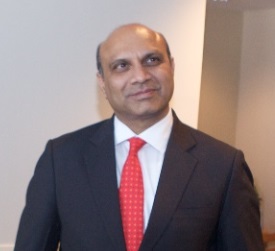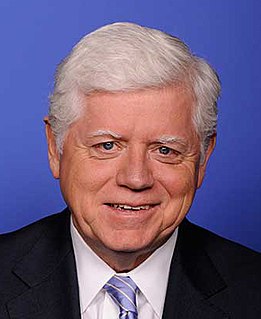A Quote by Henry Giroux
The demise of higher education as a public good is also evident in light of the election of a number of right-wing politicians who are cutting funds for state universities and doing everything they can to turn them in training centers to fill the needs of corporations. This new and intense attack on both the social state and higher education completely undermines the public nature of what education is all about.
Related Quotes
Many university presidents assume the language and behavior of CEOs and in doing so they are completely reneging on the public mission of the universities. The state is radically defunding public universities and university presidents, for the most part, rather than defending higher education as a public good, are trying to privatize their institutions in order to remove them from the political control of state governments. This is not a worthy or productive strategy.
We are moving in exactly the wrong direction in higher education. Forty years ago, tuition in some of the great American public universities and colleges was virtually free. Today, the cost is unaffordable for many working class families. Higher education must be a right for all - not just wealthy families.
University presidents should be loud and forceful in defending the university as a social good, essential to the democratic culture and economy of a nation. They should be criticizing the prioritizing of funds for military and prison expenditures over funds for higher education. And this argument should be made as a defense of education, as a crucial public good, and it should be taken seriously. But they aren't making these arguments.
The nature of the issues facing U.S. students is a bit more complicated in the U.S. because the assault on the social state, until recently, has been more incremental [i.e. the stripping of public services and so forth], whereas in Britain with the rise of the conservative-liberal government, it was immediate and bold in its assault on the social state and higher education.
I'm very, very concerned ultimately, as Medicaid costs increase in my state and most states, it's going to reduce funding for state aid to our public schools, to our higher education institution or higher taxes on the middle class that President Obama said he didn't want to do. And that's exactly where he's headed.
Higher education isn't just a personal investment. It's a public good that pays off in a more competitive workforce and better-informed and engaged citizens. Every year, we spend nearly $100 billion on corporate welfare, and more than $500 billion on defense spending. Surely ensuring the next generation can compete in the global economy is at least as important as subsidies for big business and military adventures around the globe. In fact, I think we can and must go further - not just making public higher education tuition-free, but reinventing education in America as we know it.
Conservative and liberal politicians alike now spend millions waging wars around the globe, funding the largest military state in the world, providing huge tax benefits to the ultrarich and major corporations, and all the while draining public coffers, increasing the scale of human poverty and misery, and eliminating all viable public spheres - whether they be the social state, public schools, public transportation or any other aspect of a formative culture that addresses the needs of the common good.
It has been difficult for [young people in the U.S.] to connect the dots between rising tuition costs and other assaults on their dignity with the ongoing assault on public life and its myriad democratic institutions. Today's generation faces an enormous battle in turning back the current assaults on the social state, higher education, and the social good.




























